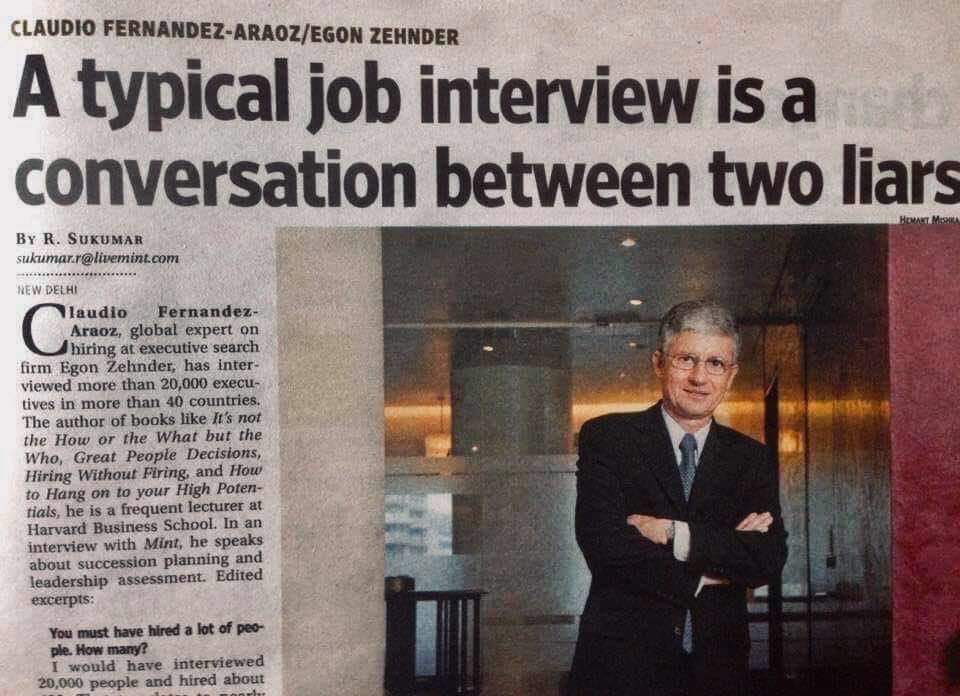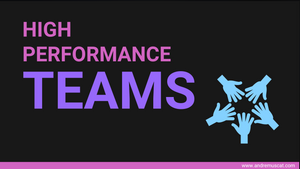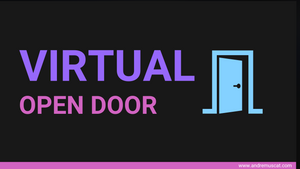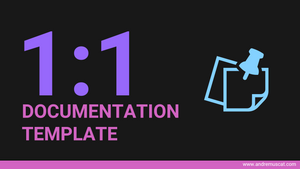In an interview by R. Sukmar with Claudio-Fernandex-Araoz, a veteran in the recruitment industry who interviewed 20,000 executives across 40 countries, Claudio observes how traditional interviews often involve critical-point insincerity between the parties. The hirer positions the organisation as a paradise to work within. The candidate exaggerates experiences and capabilities, often leaving both sides wondering the extent of the “truth” behind the words.

As I researched this position, the scale of the problem struck me. A report by Workforce and another by Forbes find 70% to 85% of employers have caught applicants lying, and Resume Builder finds 40% of hiring managers admit to intentionally lying.
| Hirer lie area | Candidate lie area |
| Role description | Reason for leaving previous jobs |
| Role responsibilities | Being fired |
| Growth and Career opportunities | Job titles |
| Exciting Projects | Past successes |
| Professional development at the company | Ability to multitask |
| Compensation benefits | What they did in their previous roles |
| Financial health of the business | How much they earned |
| Company culture & Office Politics | Qualifications |
| Long hours and Unrealistic Targets | Knowledge |
| Turnover rate | Experience |
| Job location | Sales achievements/Targets |
This is dreadful! We recognise both sides feel immense pressure to please, as the organisation needs to fill a capacity/strategic need, and the candidate needs a salary. Both face significant risk when dishonesty lies at the core of the initial stages of their relationship and strongly suggests a mutually anxious and horrible hiring experience before, during and after placement, especially if either side entered into this conversation with a desperate state of mind.
| Hirer risk | Candidate risk |
| Deceptive tactics, while sometimes intended to expedite the filling of a role, can lead to disastrous long-term consequences. Bad hires drain resources, damage morale, and tarnish reputation. | The gamble of embellishment or outright lies carries the risk of being exposed, thus ruining opportunities and harming longer-term credibility. |
This initial platform of distrust and hope ultimately harms everyone involved, making the hiring process less efficient and effectively undermines the potential for successful, lasting employment relationships.
There must be a better way!
You need to build interviews as genuinely deep conversations that shout-out trust at its core. Otherwise said, you need to de-risk the need of the individual to lie, or be less truthful.
As a Candidate, how can you de-risk?

It is critical for you to research the organisation and their leadership on:
- The Web
- Their Website
- Social sites including Glassdoor, LinkedIn, Facebook, Instagram, and why not…X (former Twitter).
Try and find information that promotes working at that particular organisation and detractors. It will give you talking points to explore in your interview. Prepare to ask questions around:
- Turnover
- Growth (Past and Future)
- Management Style
- What a day in the life of this role will look like, who you will work with and who you will interact with?
- What happens if they hire this role quickly? And what if they do not?
History of down-sizing exercises - If there was a person in this role, why are they not holding it any more?
If a company dodges replying to these questions, consider these red flags in your decision making process.
You can also reach out to an ethical professional recruiter whose sole purpose is to help you frame your needs and connect you with great workplaces that fit your capabilities, risk appetite and style.
As a Hirer how can you de-risk?
Here, it is critical for you to present a balanced state-of-your business including:
- What is working and what is not
- Why do you believe this role can help - the good and the bad.
- If you have an inkling the job description is incomplete, and can change share it too.

Ask candidates a mix of behavioural, situational and career development questions that explore how they handled past situations involving problem solving, career development and future goals such as:
- Tell me about a time you made a mistake at work.
- How did it impact customer value and business value, and how did you handle the situation?
- Describe a stressful situation you have faced at work? How were you able to manage it?
- Tell me about a time you set a goal for yourself. How were you able to achieve it?
- What would you do when a project is near completion and undergoes a change in goals or priority?
- What would you do if you were assigned to work with a colleague on a project, but you two just can not seem to agree on anything?
- What are your long-term career goals? And how will this job enable you to advance in your career?
Engage in reference check practices. You may very well learn many things from the people that worked with the candidate, even if they were references suggested by the candidate themselves.
When word gets out that your hiring practices are centred around honesty, your employer brand receives a significant boost. Potential candidates will see your company as trustworthy and transparent, which increases the value of options within your applicant pool. A strong employer brand also minimises the need for expensive marketing tactics to fill roles. This translates into a direct positive impact on your HR department's ROI.
Also, to further de-risk, you can engage a professional ethical recruiter that is experienced in hiring within your industry. This both significantly de-risks the hiring process for both you and the candidate, offering a better return on investment (that goes beyond access to the recruiter database of candidates).
Parting thoughts
The traditional interview approach is flawed, and while ditching them entirely is not practical, a shift in focus is needed. Interviews should prioritize genuine conversations, tangible evidence, and specificity rather than superficial charm. It's crucial to move away from the idea that "perfect" on paper equates to real-life perfection. Hard conversations can not only build trust but also demonstrate competency.
If you're not sure what to do, you can always ask for help from experienced and trustworthy recruiters. They can save you a lot of time and aggravation. But let's be real, they're not cheap. So, you might not be able to hire them for every job opening. But hear me out, their job isn't just to fill positions. They want to help you figure out what you really need and find candidates who are a great fit for your company. They don't want to send candidates to bad jobs because it would hurt their reputation both for future hirers, and candidate pipelines!. Leverage their years of experience, to help you spot inconsistencies, and figure out what you really want and need.
Admittedly, I cannot take credit for these hints, as I have merely collated my observations, research and experiences to mesh them together into this post.
Whichever path you choose to follow - solo or supported - I strongly suggest sticking to the hard truth - in all of your conversations, including what works and what works less well. You may be surprised on how deep that initial truth-based conversation can evolve into a valuable longer-term journey together, built on a solid foundation of continuous trust.







